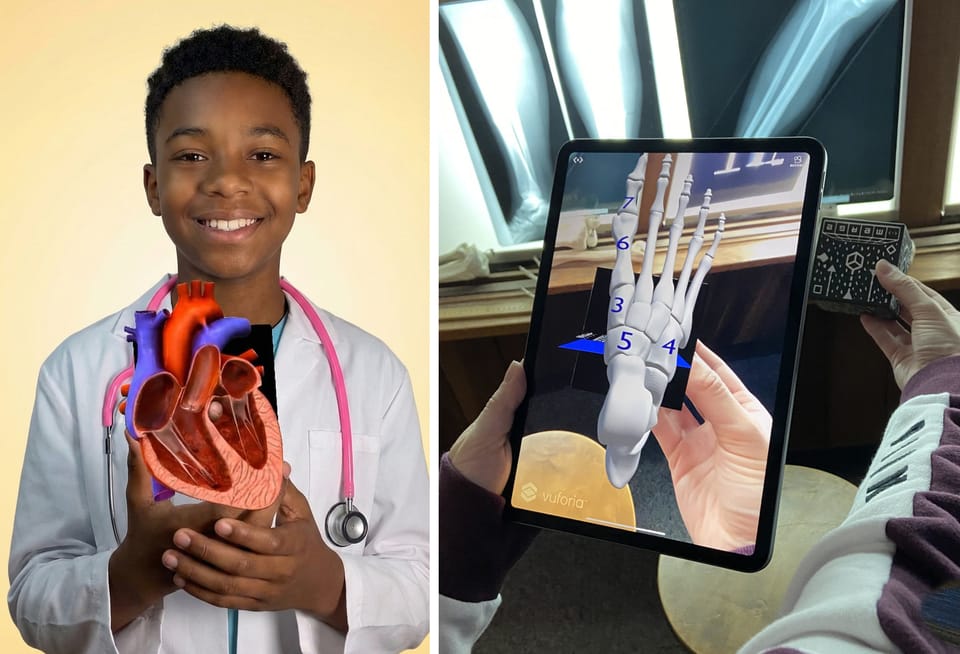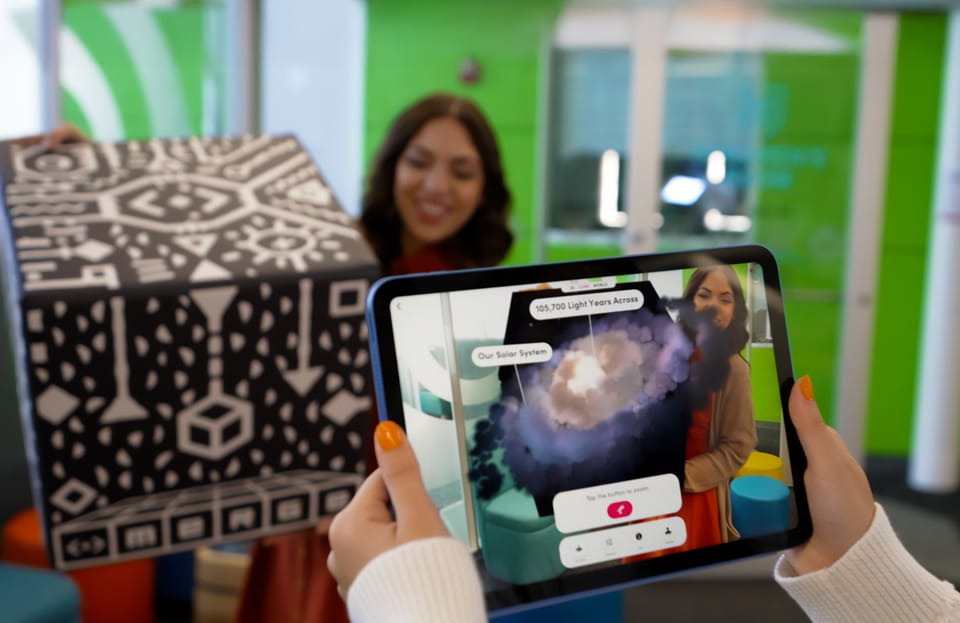Making the invisible observable by Augmented Reality in informal science education context
The aim of the study was to analyse learning using Augmented Reality (AR) technology and the motivational and cognitive aspects related to it in an informal learning context.

The 146 participants were 11- to 13-year-old Finnish pupils visiting a science centre exhibition. The data, which consisted of both cognitive tasks and self-report questionnaires, were collected using a pre- post-test design and were analysed by SEM path-analysis. The results showed that AR-technology experience was beneficial for all, but especially for the lowest-achieving group and for the girls. In general, pre-knowledge skills predicted post-knowledge test results. As expected, school achievement had an effect on pre-knowledge results. In addition, motivation turned out to be an alternative key route for learning. Being a boy predicted directly or indirectly all other motivational variables, enjoyment and interest, but girls had a higher relative autonomy experience (RAI). Situation motivation and attitude towards learning in the science exhibition were much more strongly inter-connected among boys than girls, and attitude predicted post-knowledge only for boys. AR seems to be a promising method by which to learn abstract phenomena using a concrete manner.




